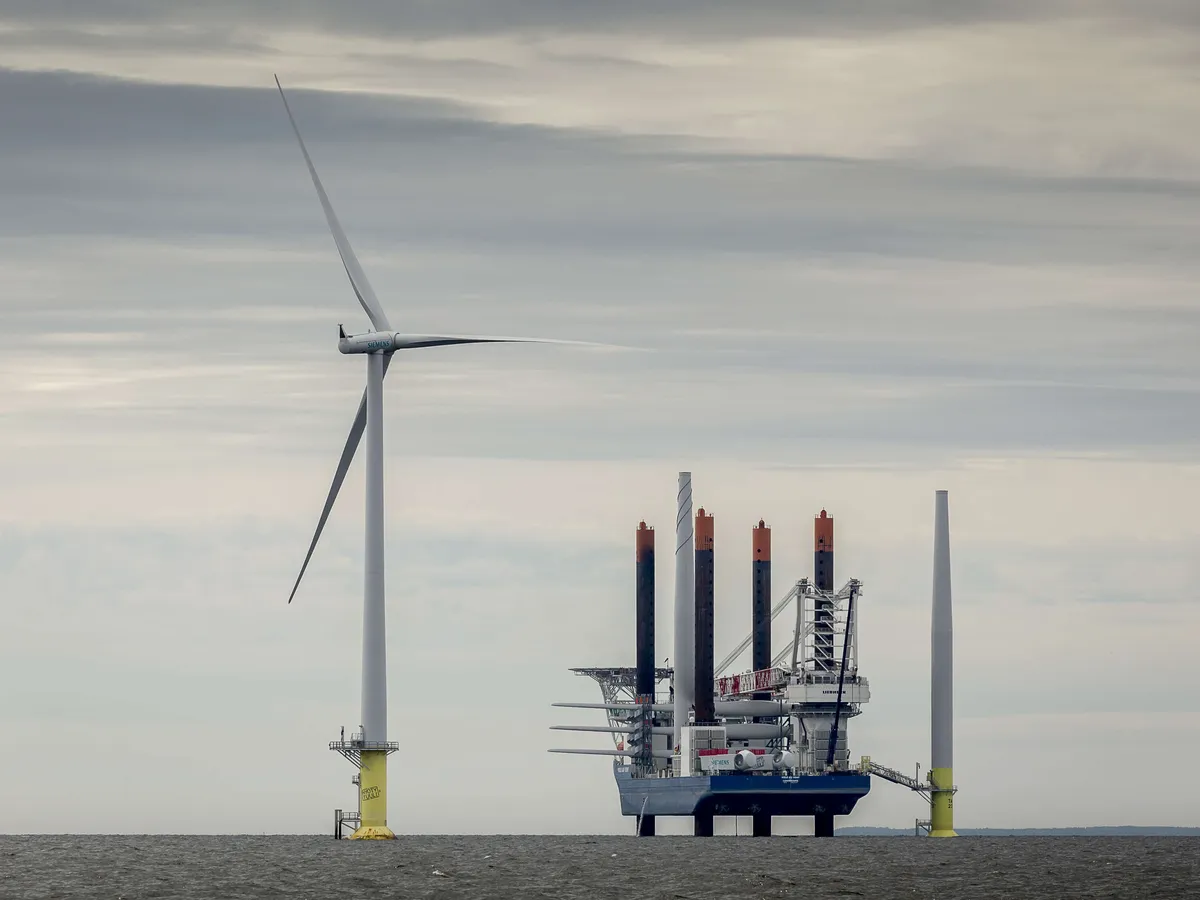When Russian tanks crossed the border into Ukraine two years ago, Europe found itself in a precarious position due to its heavy reliance on Russian gas, oil, and coal for energy security. The Ukrainian resistance showed bravery and resilience, but questions arose about Europe’s ability to respond politically given its dependence on Russian energy. Nearly half of Europe’s gas, oil, and a third of coal came from Russia before the war in 2021.
Despite these challenges, the EU acted quickly and decisively to reduce its energy dependence on Russia. With the aim of influencing the Russian economy and supporting Ukraine in defending its freedom, the EU launched an action plan called RePowerEU in May 2022. Over two years, the EU has successfully decreased imports of coal, oil, and gas from Russia while increasing its use of renewable energy sources. This shift has led to a significant change in energy supplies, with record amounts of gas in storage and a decrease in gas demand due to energy-saving measures.
The RePowerEU plan helped Europe avoid energy shortages in two winters while also signaling a shift towards energy self-sufficiency. The EU’s focus on renewable energy sources has led to an increase in clean energy usage, with renewable sources surpassing fossil fuels in electricity production. Investments in green hydrogen projects, biomethane production, and cutting-edge technologies like floating offshore wind turbines are further propelling Europe towards energy independence and a more competitive economy. This transition was unintentionally accelerated by Russia’s actions, resulting in the EU’s green energy boom and stabilization of European energy markets.
In conclusion


.jpeg?itok=JS89YZog)
